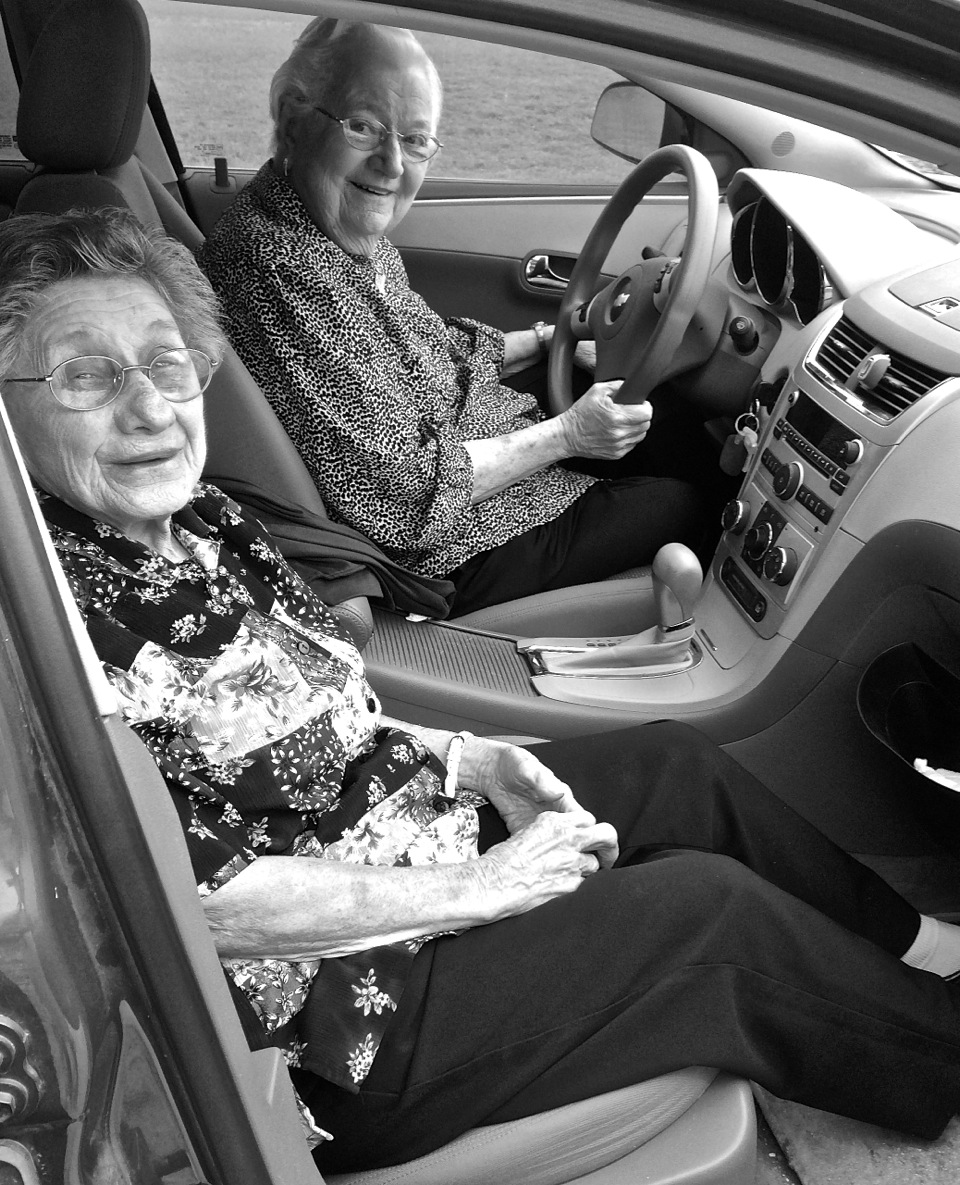Getting one’s license is a huge milestone in many people’s eyes; having this new sense of independence can be life-changing. You suddenly do not have to rely on others for your transportation. Need to go to the store? Want to go hang out with friends? Going to church? You are now able to come and go to places as you please.
As one gets older, they may begin to dread the day that they will have to give up their keys. But when should that happen? What are the reasons that would cause this to happen and are there certain precautions that could take place in order for people to be able to drive longer?

Is it safe for older adults (ages 65+) to continue driving as they age or is there a certain age when they should give up their keys? There is actually no specific age for a person to stop driving; it varies from one individual to another. For instance, there are people who can continue to drive safely in their late 70s while others may lose that ability in their early 60s. According to the CDC, there were “almost 7,700 older adults who were killed in motor vehicle crashes, and more than 257,000 were treated in emergency departments for motor vehicle crashes” in 2017, and the numbers have not declined since then. With these statistics, it can be assumed that there are approximately 20 older adults killed and an additional 700 injured due to motor vehicle crashes each day. This may be a lot but it is important to remember that there were also about 44 million licensed drivers over the age of 65 in the U.S. that year as well.
So how are the rest of these drivers staying safe? What are some things that you or a loved one can do to prevent motor vehicle accidents and becoming another statistic?
-
Always wear a seat belt as a driver or a passenger
-
Plan your route before you drive
-
Drive when conditions are safest
-
Wear your glasses, hearing aids, etc. if you use them
However, there are times when even following these tips are not enough to ensure safe driving. It is important to also know the risk factors that could potentially lead to an accident. These include:
-
Stiffness in joints and/or muscles
-
Trouble seeing/ eyesight changes
-
Trouble hearing/ hearing changes
-
Slower reaction time and reflexes
-
Medications (certain medications can cause drowsiness
If you are a loved one and do not know how to have “The Talk” about driving and giving up the keys, here are some tips:
-
Be prepared
-
Avoid confrontation
-
Use “I” instead of “You” messages. For example, say “I am concerned about your safety”, rather than “You’re no longer a safe driver”.
-
-
Stick to the issue
-
Discuss the driver’s skills, not his or her age.
-
-
Focus on safety and maintaining independence
-
Be positive and supportive
All of the information used in the post above came from the following sites:
https://www.cdc.gov/motorvehiclesafety/older_adult_drivers/index.html
https://www.nia.nih.gov/health/older-drivers
https://www.cdc.gov/injury/older-driver-safety/index.html
